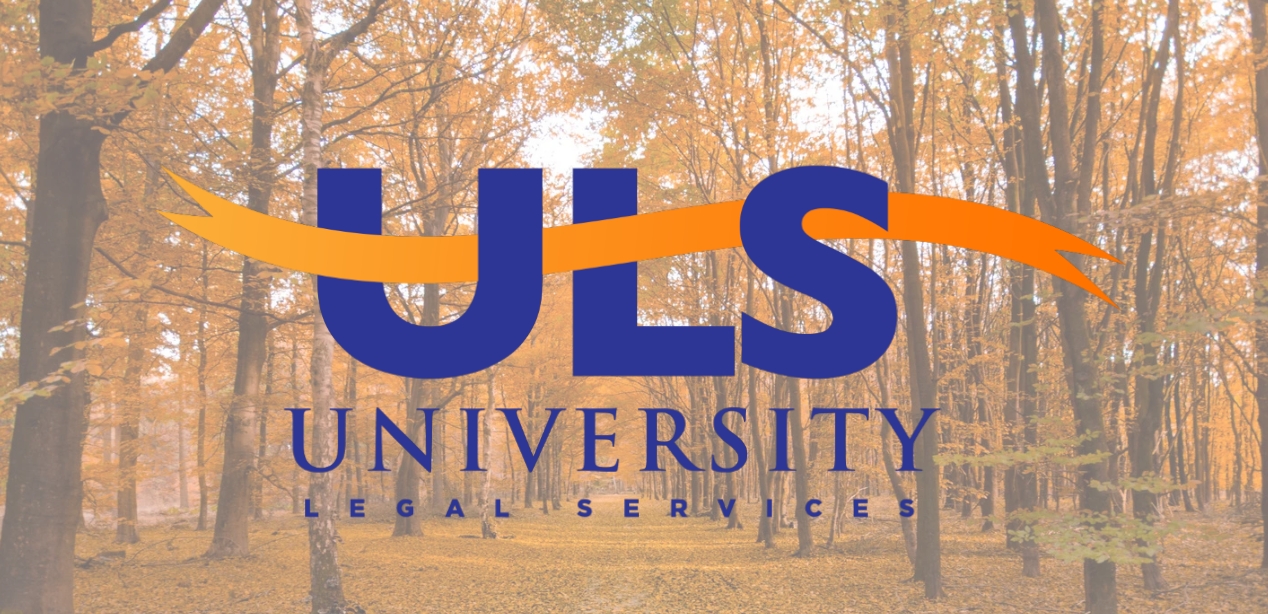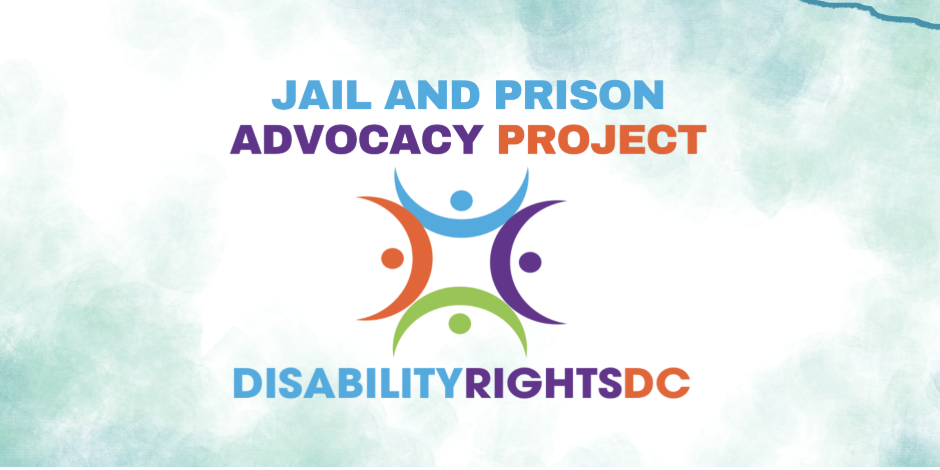For Mr. Diggs, owning a home in Washington, DC, was more than just a goal—it was a commitment to his family and his community. As a lifelong DC resident and city employee, he knew he wanted his four children to grow up in a place they could take pride in. But with skyrocketing housing prices, he and his wife found themselves at a crossroads: stay in the city they love or move somewhere more affordable.
That’s when he discovered the Home Purchase Assistance Program (HPAP).
Mr. Diggs first learned about HPAP through a home ownership training program at University Legal Services in 2020. He was excited about the opportunity, but the reality was more challenging than expected. After going through the lengthy application process, he couldn’t find anything within his price range—and then the program ran out of funds.
Determined to make homeownership a reality, he waited for the market to improve and reapplied in 2023. This time, he made multiple offers, but no sellers were biting. Just as he became eligible for assistance, funding ran out again. Finally, in October 2024, new HPAP funds became available, and Mr. Diggs secured his place for the third time.
However, in the 4 years since he had first learned about HPAP, the program had changed. In 2024, HPAP added a lottery component, meaning that even if an applicant is found eligible for funding, recipients are chosen at random. This made the process even more nerve-wracking. The uncertainty was compounded by additional changes to program rules, leading to confusion and inconsistent information from different agencies.
Determined to find clarity, Mr. Diggs escalated his concerns, only to find that many of the agencies he had been relying on for guidance were not even up to date on the changes.
Amid the confusion, one person remained a steady source of guidance: Charlene Gilchrist at ULS. From reviewing his contract to advocating for the services he deserved, Charlene was there every step of the way. When his home contract was at risk of expiring, she ensured the proper paperwork was submitted on time, preventing the seller from putting the house back on the market.
“Ms. Gilchrist was more helpful than my housing agent,” Mr. Diggs shared. “She was dedicated, an expert on the changes, and she never gave up—even when working remotely during the pandemic.”
This winter, Mr. Diggs officially closed his new home. While many homebuyers rely on real estate agents or lenders, he found that not all professionals fully understand HPAP’s complexities. That is why having a knowledgeable advocate like Charlene was invaluable.
“The process can be traumatizing—there’s no stability. Butat least with ULS, you have someone to hold your hand, answer your questions, and be there for you.”
For those considering HPAP, Mr. Diggs encourages working with a nonprofit like ULS.
“Other programs and agents may just want to push you through the system. But ULS? They are invested in YOU,” he said. “Even during the pandemic, Charlene was available, adaptable, and dedicated.”
While the homebuying journey through HPAP is not easy, Mr. Diggs believes the payoff is worth every challenge. Thanks to HPAP assistance with closing costs and a down payment, he was able to buy a home with minimal upfront expenses. Now, as a first-time homeowner, he’s looking forward to building his wealth and creating lasting memories with his family.
“Anything worthwhile takes time and sacrifice. It was hard work, but when it pays off, it pays off well.”

.png)





